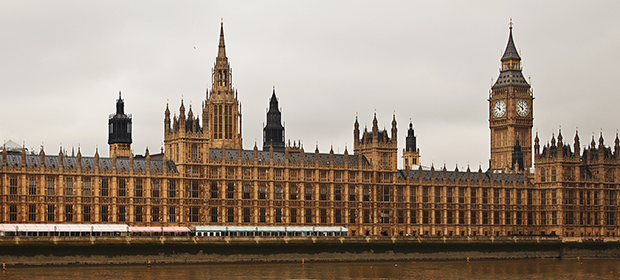Last week, the new-new Chancellor, Jeremy Hunt, delivered the new-new Autumn Budget in Parliament. There’s some good news; inflation is predicted to begin to fall half way through 2023. And there’s bad news; we’re officially in a recession.

So let’s take a look at the relevant updates that will directly affect individuals and small-medium businesses.
Income Tax
In a complete 180° turnaround from last months ‘Mini Budget’ where the additional rate of tax (at 45%) was to be axed altogether, today it has been announced that the threshold for the additional rate of tax would be lowered from £150,000 to £125,140 per year. This will take effect from April 2023 and is estimated to bring an additional 250,000 people into this tax bracket. The basic rate and higher rate thresholds will be frozen until 2028.
The personal allowance, currently set at £12,570, will be frozen until April 2028 raising an estimated 26 billion pounds.
Dividend Tax
The zero rated dividend allowance is going to be halved from £2,000/year to just £1,000 per year for the 2023-24 tax year, and then again to £500/year for the 2024-25 tax year. The tax rates for dividend income will remain the same.
Capital Gains Tax
Capital Dins Tax Exemption is also being slashed from £12,300 to just £6,000 in the 2023-24 year, and then reduced again to £3,000 for 2024-25. On top of that, unused exemption allowance cannot be carried over to the following year.
The main rate for CGT outside the allowance will remain the same at 10% for basic rate and for business asset disposal, and 20% for other gains. Gains made from residential property disposal are taxed at 18% within the basic rate band and 28% for higher rate.
The CGT and Dividend Tax changes mentioned here will lead to many more people needing to complete a self assessment tax return. Add in the Income Tax band changes and some individuals who are high earners may have a very different tax picture over the next few years. We would invite these individuals to speak with their accountant to ensure they’re operating as tax-efficiently as possible, while also preparing for these big changes.
Vehicle Excise Duty for Electric Cars
VED is not currently due on electric vehicles, but as of 2025 – the same year when new fuel vehicles will no longer be sold – there will be. The Chancellor said the rate would be lower than traditional fuel-based cars, but the amounts have not yet been published.
National Living Wage
The NLW will get a boost of 9.7% to £10.42 next year. This is the largest increase to the NLW since 2016, and for a full-time worker, today’s increase means nearly £150 more per month.
Pensions
The state pension will increase in-line with inflation from April 2023.
Energy Bills
The current typical household energy bill is capped at £2,500 – a measure introduced earlier this year following unprecedented energy cost increases. This cap will now be downgraded to £3,000 per year. In addition there will be an extra £900 cost-of-living payment to low-income households on means-tested benefits, and £300 for pensioner households, and £150 for people on disability benefits.

 © 2019 Warr & Co Chartered Accountants. Warr & Co Chartered Accountants is a member of The Institute of Chartered Accountants in England & Wales (ICAEW). Whilst the information detailed here is updated regularly to ensure it remains factually correct, it does not in any way constitute specific advice and no responsibility shall be accepted for any actions taken directly as a consequence of reading it. If you would like to discuss any of the points raised and / or engage our services in providing advice specific to your personal circumstances, please feel free to contact any one of the partners on 0161 477 6789 or contact us via our website forms. Warr & Co Chartered Accountants are registered to carry our audit work in the UK, our audit registration number is C002961684, for more information please visit www.auditregister.org.uk.
© 2019 Warr & Co Chartered Accountants. Warr & Co Chartered Accountants is a member of The Institute of Chartered Accountants in England & Wales (ICAEW). Whilst the information detailed here is updated regularly to ensure it remains factually correct, it does not in any way constitute specific advice and no responsibility shall be accepted for any actions taken directly as a consequence of reading it. If you would like to discuss any of the points raised and / or engage our services in providing advice specific to your personal circumstances, please feel free to contact any one of the partners on 0161 477 6789 or contact us via our website forms. Warr & Co Chartered Accountants are registered to carry our audit work in the UK, our audit registration number is C002961684, for more information please visit www.auditregister.org.uk.